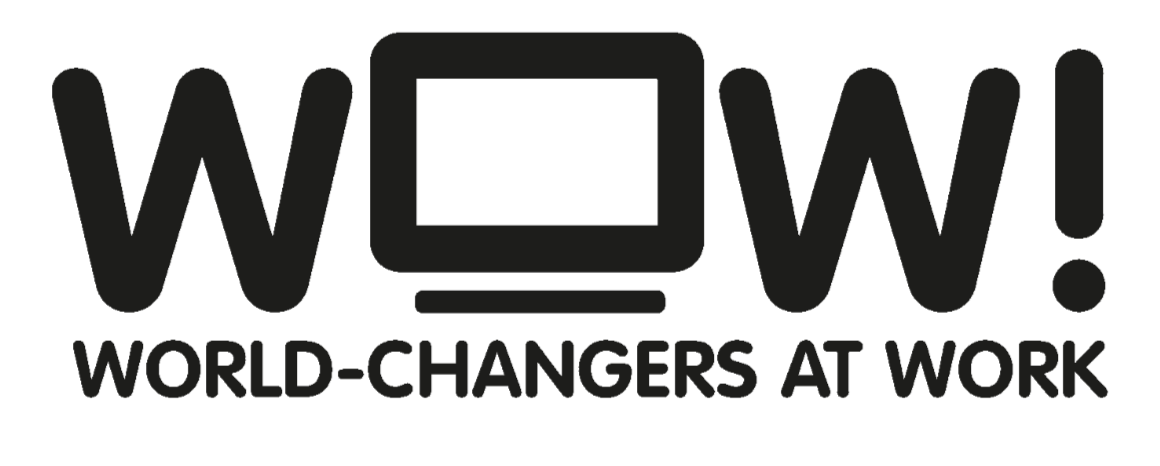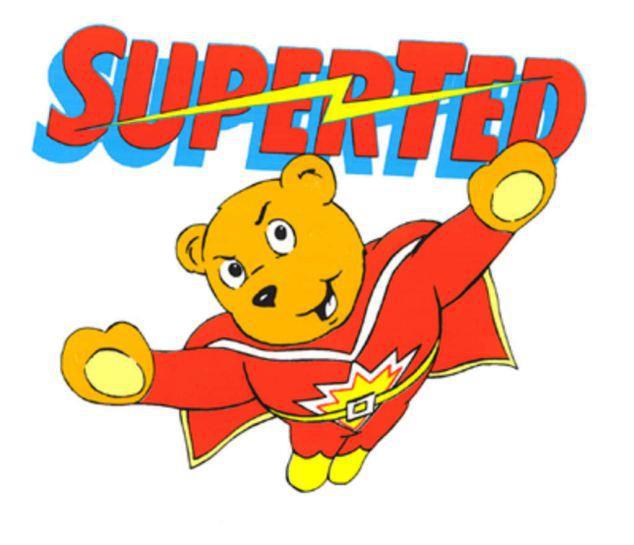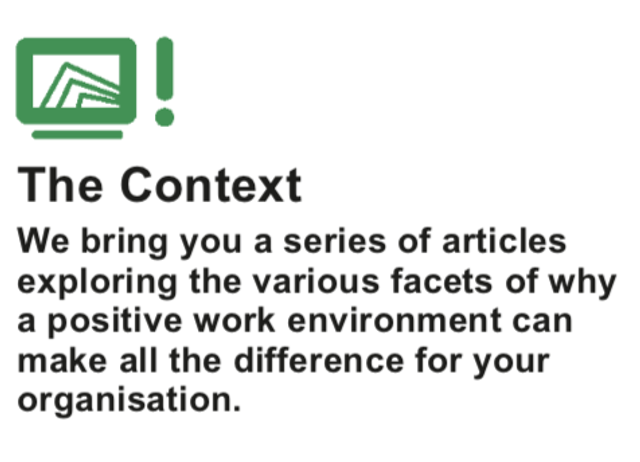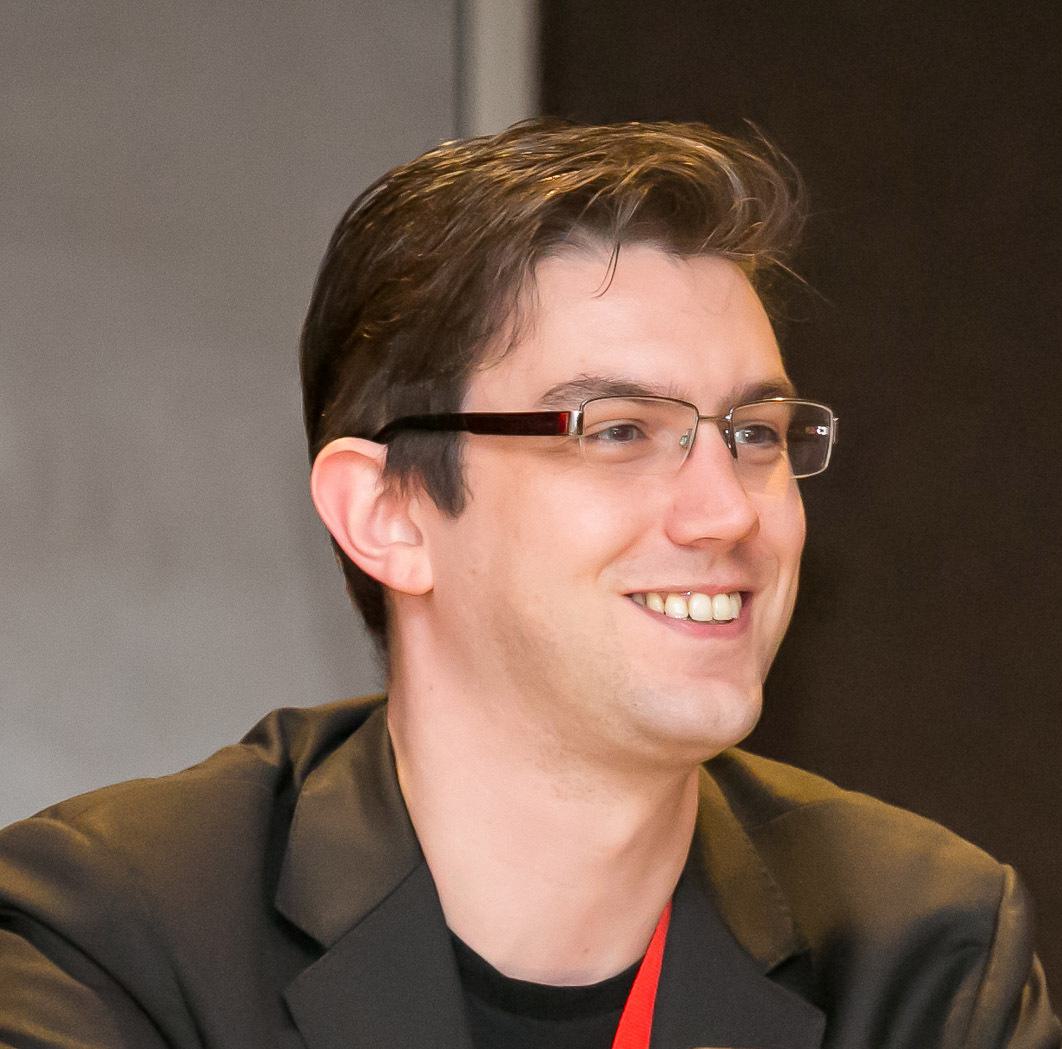World-changers at Work presents: SuperTeds
We bring you a selection of superb TED Talks that have inspired us to rethink how we go about changing the world we work and live in.
- Written by
- Joe Burnett
- Added
- November 14, 2019

From the WoW! project: the TED Talks that will inspire you to change the world.
As I was born on exactly the same day that Channel Four was launched in the United Kingdom (November 1982) the reference to seminal eighties cartoon SuperTed may only work for me, but I think the description is apt for the TED Talks compiled below.
SOFII’s WoW! project actually was inspired by the first of our TED Talks, from Rachel Hutchisson. SOFII is of course dedicated to the world of fundraising but that doesn’t mean we can’t look to other sectors for ideas and inspiration.
Across a range of professions people are looking to make the world a better, fairer place through their work environments. As we already learned from Karen Bolton of Mind, this goes for charities as well. But is there more we can learn? Could your organisation benefit from taking onboard some of the ideas below from the corporate sector? Do we as a profession need to listen more to our donors and beneficiaries, even our critics? And are you an ally to oppressed minorities? Feel free to share your stories in the comments section below!

TED 10: Shawn Achor - The Happiness Advantage: linking positive brains to performance.
‘If we change our formula for happiness and success [...] we can change the way that we can then affect reality’. CEO, teacher and writer Shawn Achor explains the role of positive psychology in our daily lives and how happiness and positivity are the real driving factors in job performance.
TED 9: Andy Puddicombe - All it takes is ten mindful minutes.
‘When did you last take any time to do nothing?’ asks former monk, author and meditation teacher Andy Puddicombe. Mindfulness may be a bit of a buzz word and practice, but it has also been shown to work, and an increasing number of companies and even charities are making room for mindfulness periods for employees. Do you practice mindfulness? Does it help improve your work by relieving stress and focusing the mind? If so, please let us know if the comments section below.
TED 8: Sheryl Sandberg - Why we have too few women leaders.
At the start of this talk, Facebook COO Sheryl Sandberg outlines some frightening statistics: only nine heads of state are women out of 190, 13 per cent of parliaments are made up of women, only 15 to 16 per cent of top jobs are held by women, even in the non-profit world women make up only 20 per cent of senior managers. She then explores how we can all arrest this imbalance, be it in the workplace, at university or at home. You could argue she puts too much on the shoulders of individual women and doesn’t entirely address societal issues but I think you’ll agree Ms. Sandberg raises some vital points.
TED 7: Sandi Toksvig - how feminism can save the world.
Danish-British comedian and writer Sandi Toksvig tells her own personal history of the fight for equality and how, in setting up the Women’s Equality Party, she and her co-organisers have set a model for making the world a better place.
TED 6: Dan Pink - the puzzle of motivation.
In this talk, author, journalist and former law student Dan Pink looks at what motivates people in the workplace and comes to the conclusion that the old model of ‘carrot and stick’ that most businesses and organisations use more often than not has been proved to work less well than alternatives involving flexibility and autonomy.
TED 5: Celeste Headlee, public radio reporter, host and correspondent
Fundraising is all about conversations but sometimes we can seem to be talking at donors rather than to them and listening back. Celeste Headlee explains that good conversations are essential for human interactions.
TED 4: John Dehlin, psychologist, mormon and LGBT+ ally
John Dehlin is something of a hero of mine (you may have seen him in the BBC documentary Believer made by Imagine Dragons frontman Dan Reynolds). Just to inspire you, here he explains how he reconciled his faith with support for LGBT+ rights to become an ally.
TED 3: R. Edward ‘Ed’ Freeman, public speaker and educator
‘Business is about purpose’ says R. Edward Freeman in this funny and enlightening TED Talk. And he predicts a revolution is coming in terms of organisations that are set up to not just make profits but to make the world a better place first and foremost. Which of course is the aim of all charities - is your organisation going to be part of the revolution? If so, how?
TED 2: Alex Edmans, professor of finance at London Business School
Alex Edmans demonstrates that businesses that put social responsibility and the wellbeing of employees (sorry for the term Rachel!) ahead of profits actually perform better than those that don’t. If your organisation has experienced the same effects when it comes to raising money from donors, do please let us know in the comments section below.
TED 1: Rachel Hutchisson, VP of corporate citizenship & philanthropy at Blackbaud
Rachel Hutchisson explains why the end of corporate social responsibility is nigh and why this is a good thing as it means organisations and businesses can focus on actual people. And this means your NGO -no matter how large or small- can empower all its colleagues and employees. The key? Listening and empowering the workers of the business, and listening to your community. Hutchisson ends her talk with a call to leadership - Keep the HUMANS central.
These SuperTeds all contain inspirational ideas for how we all can make a real difference in our daily lives: as business and organisation leaders, employees, friends and allies. We hope you will draw as many ideas from them as we did and share them with your colleagues and friends. Together we can change the world for the better.
We think SOFII can be a vehicle for conversation as described by Celeste Headlee. Have you seen any other TED Talks you think we should include? If so, please let us know in the comments section below or by e-mailing joe@sofii.org and share how they inspired you and led you to make changes in your own life.



















